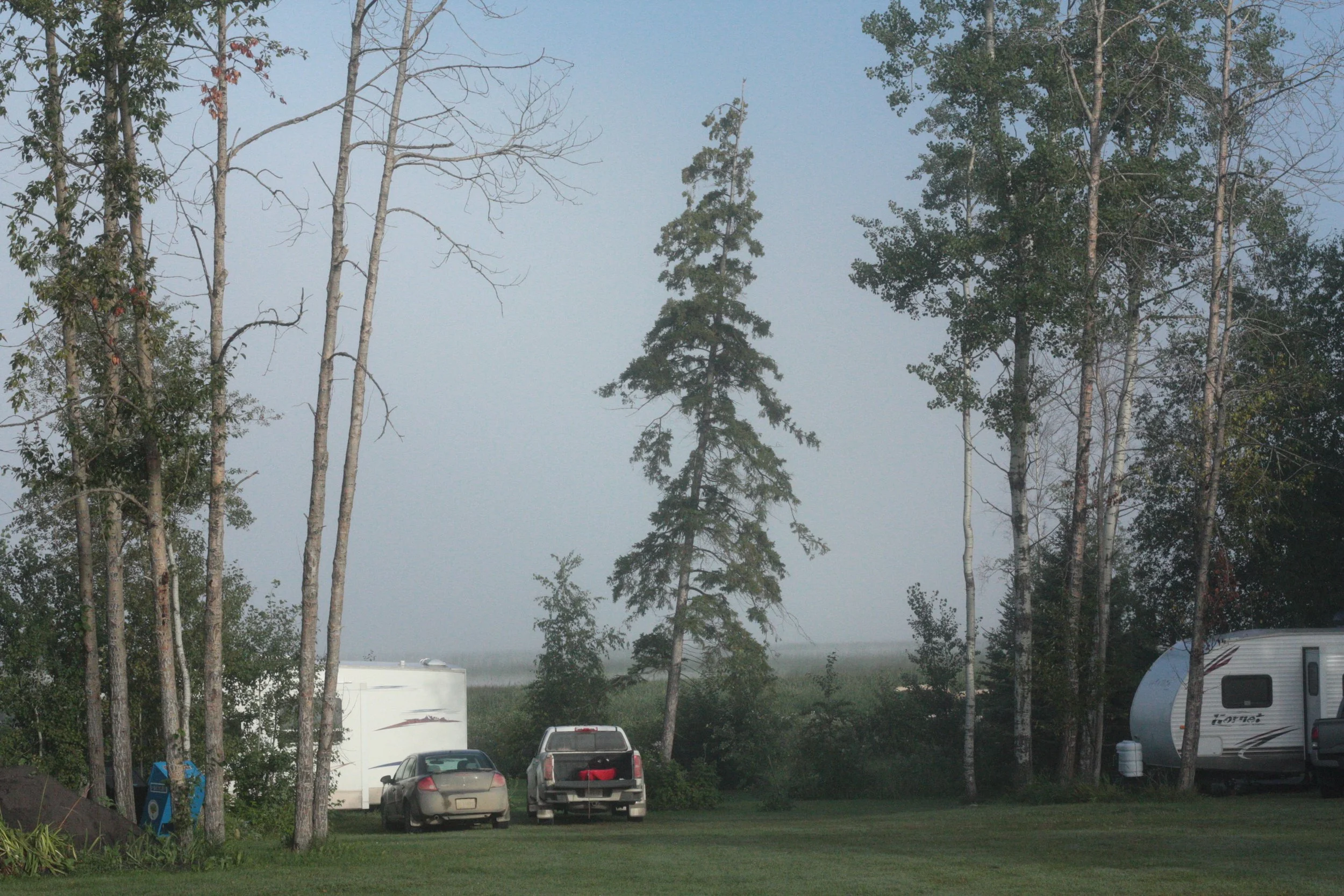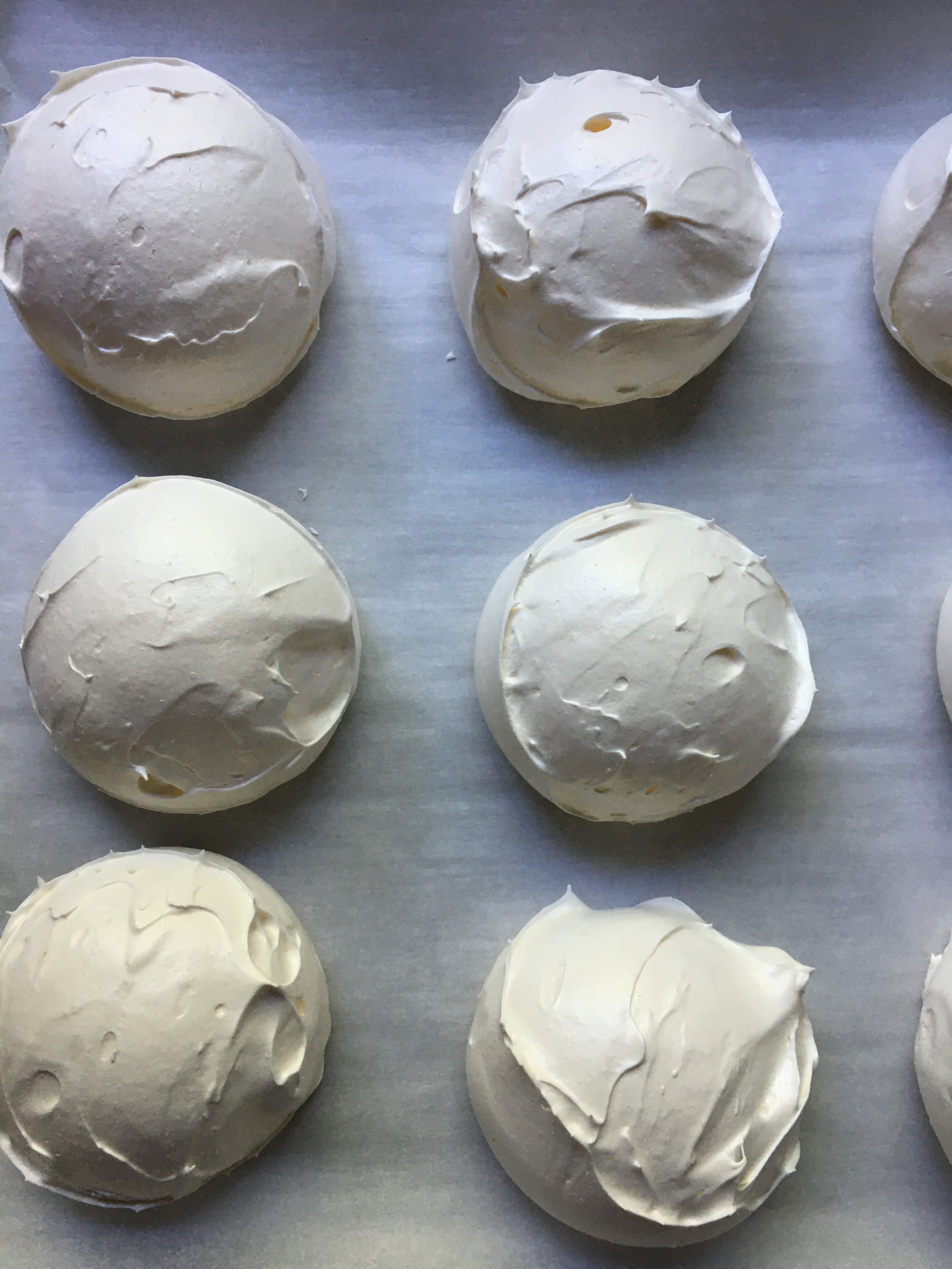How to start: Randall Jarrell’s book is full of humour… The quotes are all like shorter or longer jokes.
Quotes: They both sounded a little too hearty, but they knew that one necessarily sounds that way in such circumstances: who comments on the weather with all the lack of interest that he really feels? (p 14)
How can we expect novelists to be moral, when their trade forces them to treat every end they meet as no more than an imperfect means to a novel? The President was such invaluable material that Gertrude walked around and around him rubbing up and down against his legs, looking affectionately into the dish of nice fresh mackerel he wore instead of a face; and the dish looked back, uneasy, unsuspecting. (p 16-7)
But it was foolish of him even to want to try: he possessed, and would possess until he died, youth's one elixir, Ignorance; he drank each day long draughts from the only magic horn, Belief. (p 25)
My wife and I drove by for Constance. Before we got her we were a youngish - we would have said - couple going out to dinner; after our first look we sighed, and saw stretching before us a short, safe, uneventful pathway to the grave. It was like having the moon get into our car, the new moon: we looked at each other by her thoughtless light. (p 44-5)
...and after a moment he smiled at something he said, and I smiled back, relishing as I always did the little crinkles in the skin around his eyes. But when he stopped smiling the crinkles did not go: they were wrinkles, now. (p 39-40)
As I looked I appreciated - and not for the first time - what a gift for decoration Gertrude had: she and Sidney had gone into a bare apartment and after a few days had got it looking barer. (p 46)
Nothing spoils malice like explanation. (p 49)
At first President Robbins talked a little stiffly and warily, but then he warmed to himself. He liked to say: "The secret of good conversation is to talk to a man about what he's interested in." This was his Field Theory of Conversation. He always found out what your field was (if you hadn't had one I don't know what he would have done; but this had never happened) and then talked to you about it. After a while he had told you what he thought about it, and he would have liked to hear what you thought about it, if there had been time. (p 51)
...she was so thin you could have recognized her skeleton. (p 52)
...but here he seemed very human and attractive, for he lost his way in his sentence. The sentence was bewildered: it had begun so promisingly, and now had to finish with a lame depicted by the pen of a master. In the classroom, where Dr. Whittaker was almost as much at home as in his study, this would not have happened; there each sentence lived its appointed term, died mourned by its people, and was succeeded by a legitimate heir. (p 58)
Without his sister he would have been in Paradise. But Fern was, as people say, a Little Manager; Fern wanted, as people say, Her Own Way. (That was all she wanted, but it was enough: the Milky Way was small beside Fern's.) This was hard on John, just as it was hard on Dr. Whitaker, on Mrs. Whittaker, on the cocker spaniel, on the turtles in the back yard, even, who dreamed that Something Was Happening as Fern arranged them in a pile with a better shape to it. (p 65)
Outside, the long evening was drawing to its close. Owls caught mice, and fish, and rabbits, and brought them home to their babies; people turned off their television sets and went to bed; people woke, turned over, and went back to sleep; the girls of Benton, their hair in metal hair-curlers, their limbs in ski-pyjamas or black nylon nightgowns, slept like dormice, their mouths open to the big soft stars. (p 69)
This would not have happened if I had been a novelist. Then I might have stolen Gertrude's ideas, might have looked at them with a colleague's bright awful eye. But I was only a poet - that is to say, a maker of stone axes - and she felt a real pity for me because of it: what a shame that I hadn't lived back in the days when they used stone axes! And yet, why make them now? Every once in a while she would say to be, "Haven't you ever thought of writing a novel?" I would shake my head and say that my memory was too bad; later I would just say, "That again!" and laugh. She would laugh too, but it puzzled her; finally she dismissed it from her mind, saying to herself - as you do about someone who won't go on relief, or mind the doctor - "Well, he has only himself to blame!"
(...) But sometimes I felt sheepish - felt like a flock of sheep, that is - as Gertrude sheared from me (with barber's clippers that pulled a little) my poor coat of facts, worked over it with knitted brows, and then, smiling like Morgan le Fay, cast over my bare limbs her big blanket conclusions. (p 102)
She was far too sophisticated to speak of Human Nature, Which Never Changes, but her novels spoke for her: they were as suspicious as an old woman, and their suspicions were as easily and as depressingly and as uniformly satisfied. (p 115)
Not every child has, at the age of five, lost a mother; at the age of fourteen, lost a twin sister and a father. This had happened to Constance; or had it? Such events were not in her style of life, which was dreamy absent innocent style. She had been, somehow, sheltered from things; and when she hadn't been she had managed, like a sleepwalker, to shelter herself from them without ever seeming to. Later on what she knew already would recur to Constance, and this time it would be transmuted: life is, so to speak, the philosopher's stone that turns knowledge into truth. (p 157)
There is no good resting-place between Man and men: to say that someone is typically anything is an unfavourable judgement, and even the oddest of foreigners cannot help seeming to us, in some ways, typically foreign. We despair of any nationality except our own, and we don't despair of it only because we don't take it seriously - we know that, at bottom, Americans are just people, a little more so than any foreigner ever manages to be; didn't Adam and Eve and the snake speak to each other in Standard American? (p 187)
They were, in the first place, what they seemed to be, just as a beautiful woman in an evening dress is first of all what she seems to be. But underneath her dress, on one side of her stomach, is the scar of an operation for appendicitis; some of the skin below it, of the skin along her thighs, has a grained or marbly look - this came from the strain of childbirth; and her teeth would not be so regular and magnificent as they are if she had not worn braces on them, an unwilling child. There is a reality behind the outer reality; it is no more real than the other, both are as real as real can be, but it is different. (p 190)
She saw the worst: it was, indeed, her only principle of explanation. Consequently she seemed to most people a writer of extraordinary penetration - she appealed to the Original La Rochefoucauld in everybody. People looked up to her just as they looked up to all those who know why everything is as it is: because of munitions makers, the Elders of Zion, agents of the Kremlin, Oedipus complexes, the class struggle, Adamic sin, something; these men can explain everything, and we cannot. People who were affectionate, cheerful, and brave - and human too, all too human - felt in their veins the piercing joy of understanding, of pure disinterested insight, as they read Gertrude's demonstration that they did everything because of greed, lust, and middle-class hypocrisy. She told them that they were very bad and, because they were fairly stupid, they believed her. (p 199)
Mrs. Robbins was always one to apologize, necessarily or unnecessarily, and you could see how she felt: it was a pity to leave unused for even an hour a Sorry! so superior as hers. (246-7)
But mostly he talked about great books - about a hundred of them; I don't know why he stopped at a hundred, but he did, and let the rest go; he must have made up his mind that it was no use trying to get people to read more than a hundred. (p 252)
Mr. Daudier had a queer look on his face, as if he were a box of mixed nuts, but mostly peanuts; but you could see that he agreed with this remark down to the last cell of his toenails. (p 254)
Tangential: My daughter and I read Animal Family together earlier this month, also written by Jarrell. She remarked how she liked the way he wrote… Indeed, reading the short story, one can feel the poetry. So charming to also find in the book illustrations by Maurice Sendak!











































